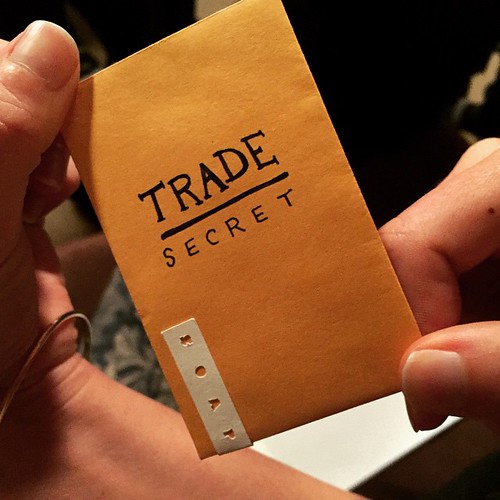Search
Yes, your employees can legally record most workplace conversations
 Back when the Lamborghini Countach poster was in your bedroom, spinach and artichoke dip was on the menu, and it was hip to be square, this image would have been fitting for this blog — what’s a blog?!?! — post.
Back when the Lamborghini Countach poster was in your bedroom, spinach and artichoke dip was on the menu, and it was hip to be square, this image would have been fitting for this blog — what’s a blog?!?! — post.
Yes, there was a time when a secret recording in the workplace implied an expectation of privacy in whatever conversation was recorded. But, now, everyone has a smartphone and, with a few quick thumb taps, an easy way to audio or video record anything and everything.
So, who among us has a reasonable expectation of privacy at work?
According to the National Labor Relations Board, practically no one who works for the company.
 The Employer Handbook Blog
The Employer Handbook Blog





